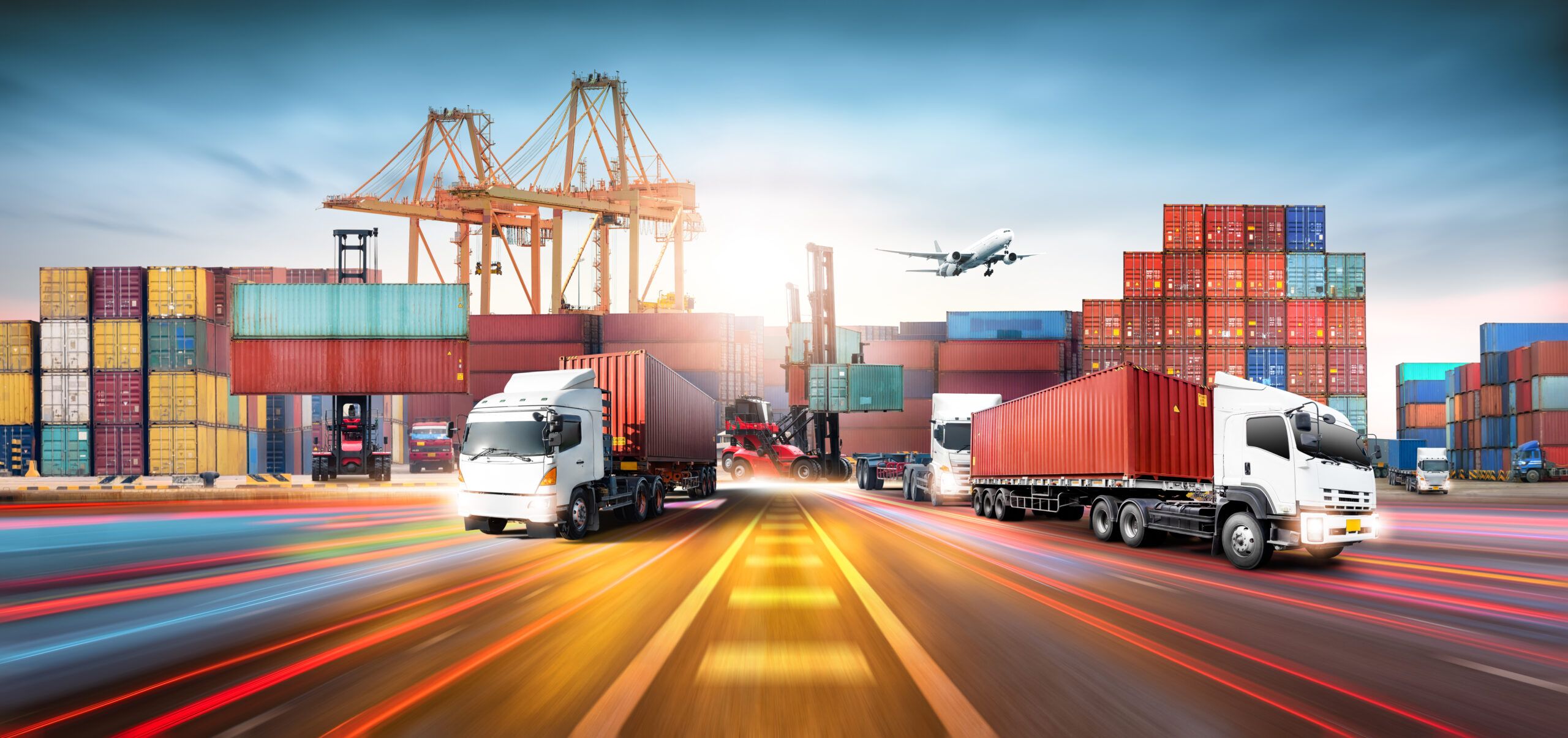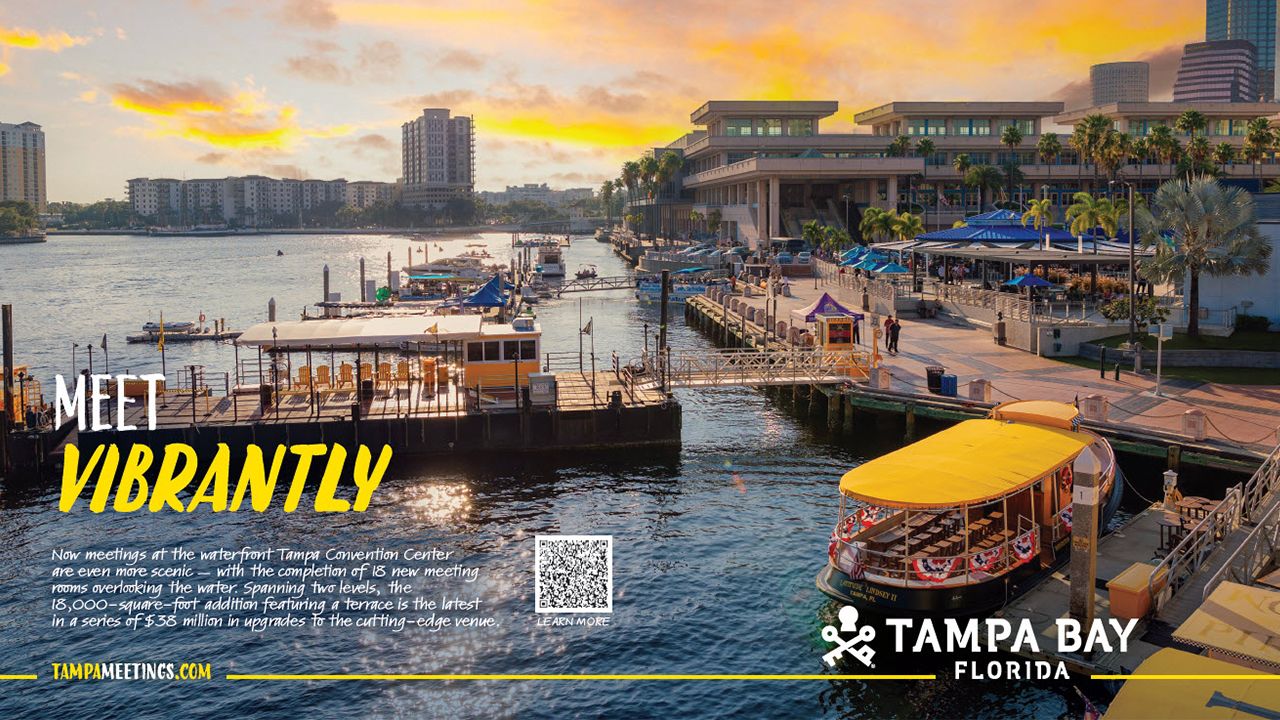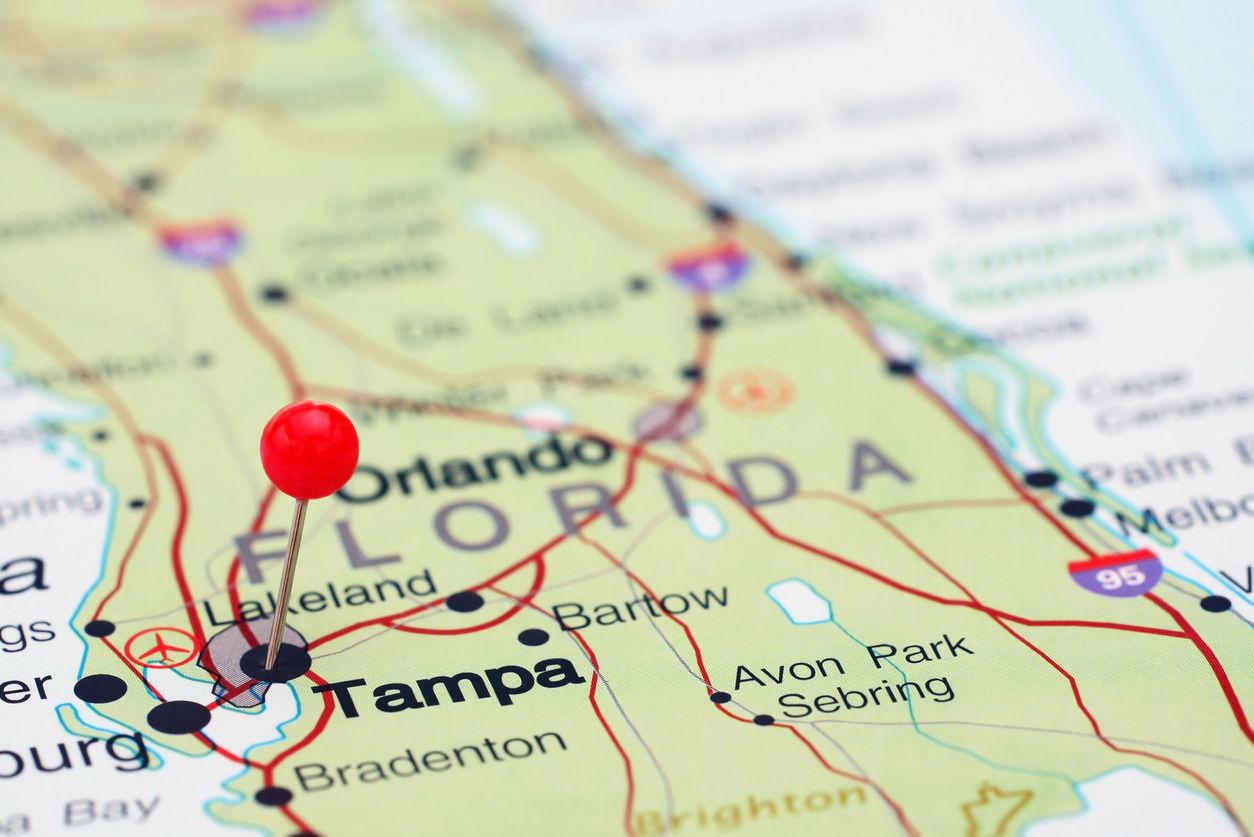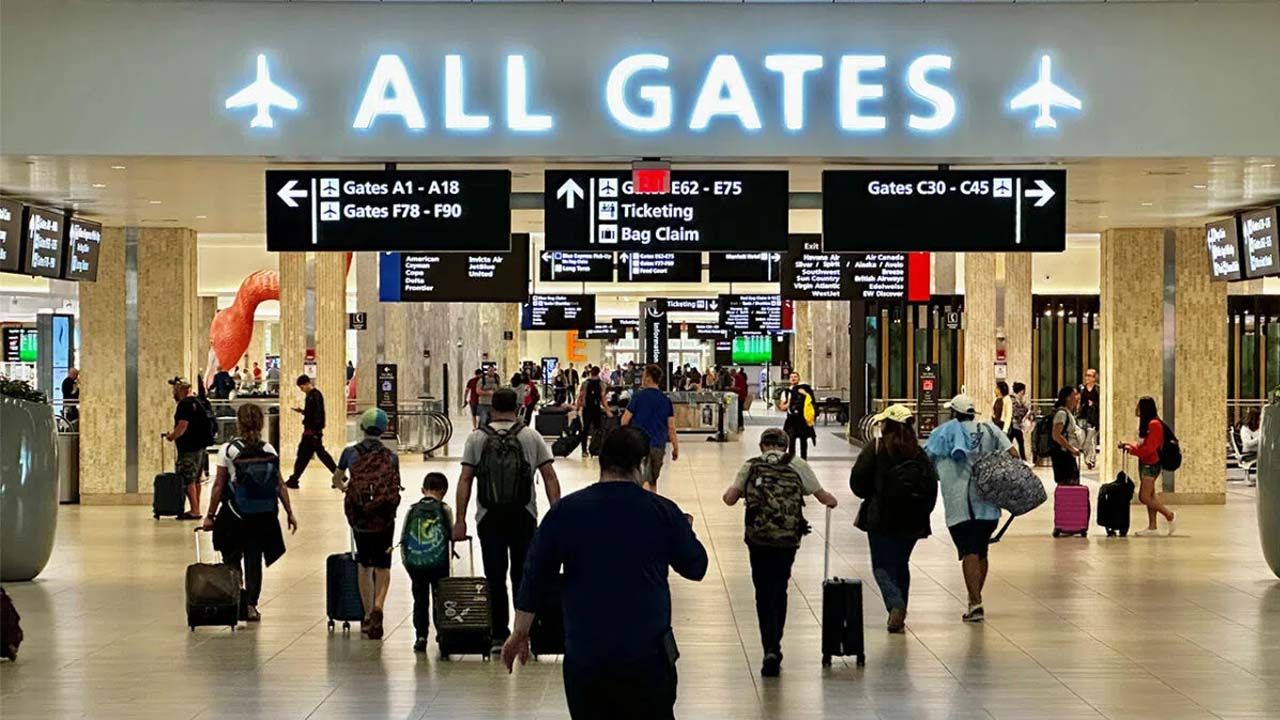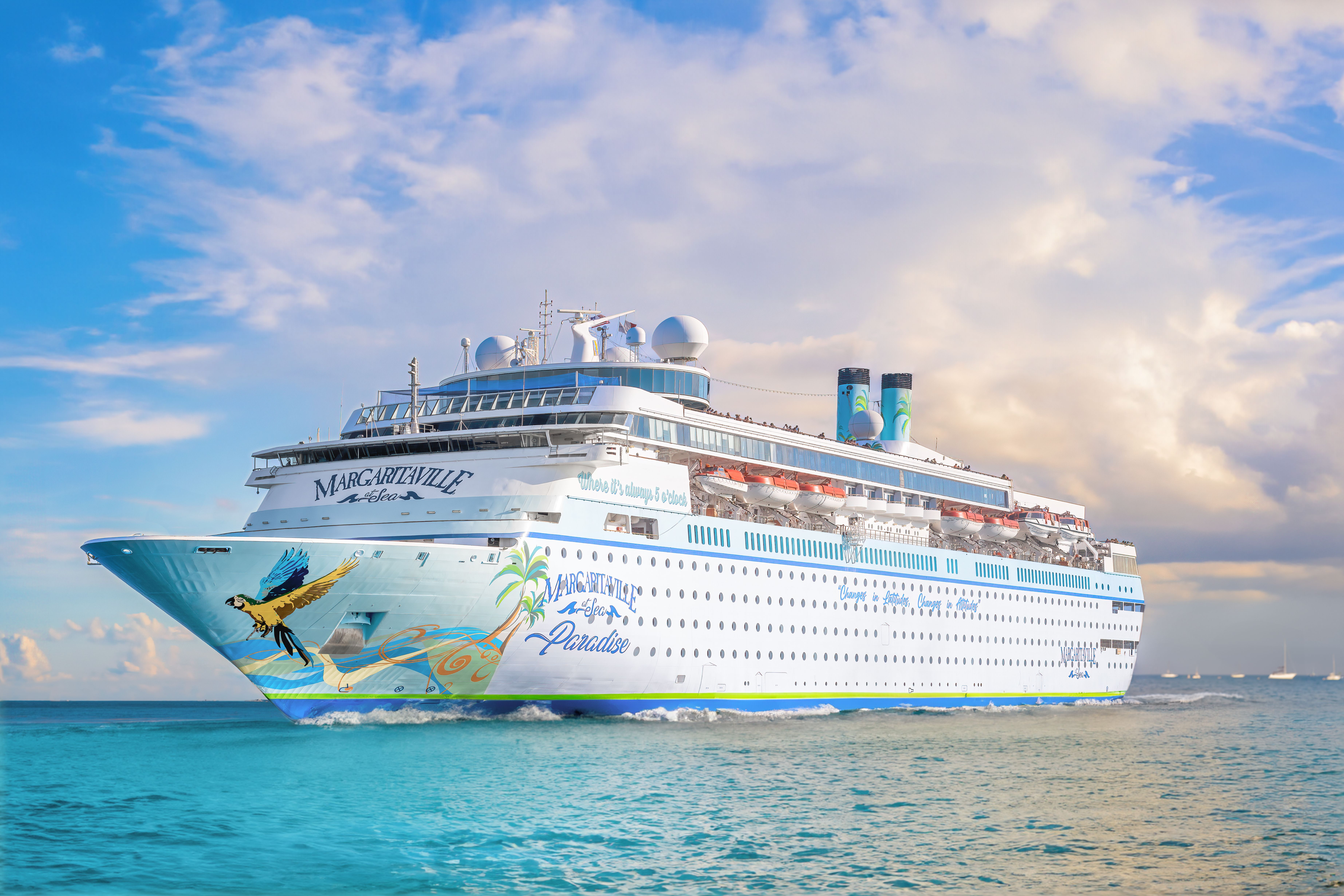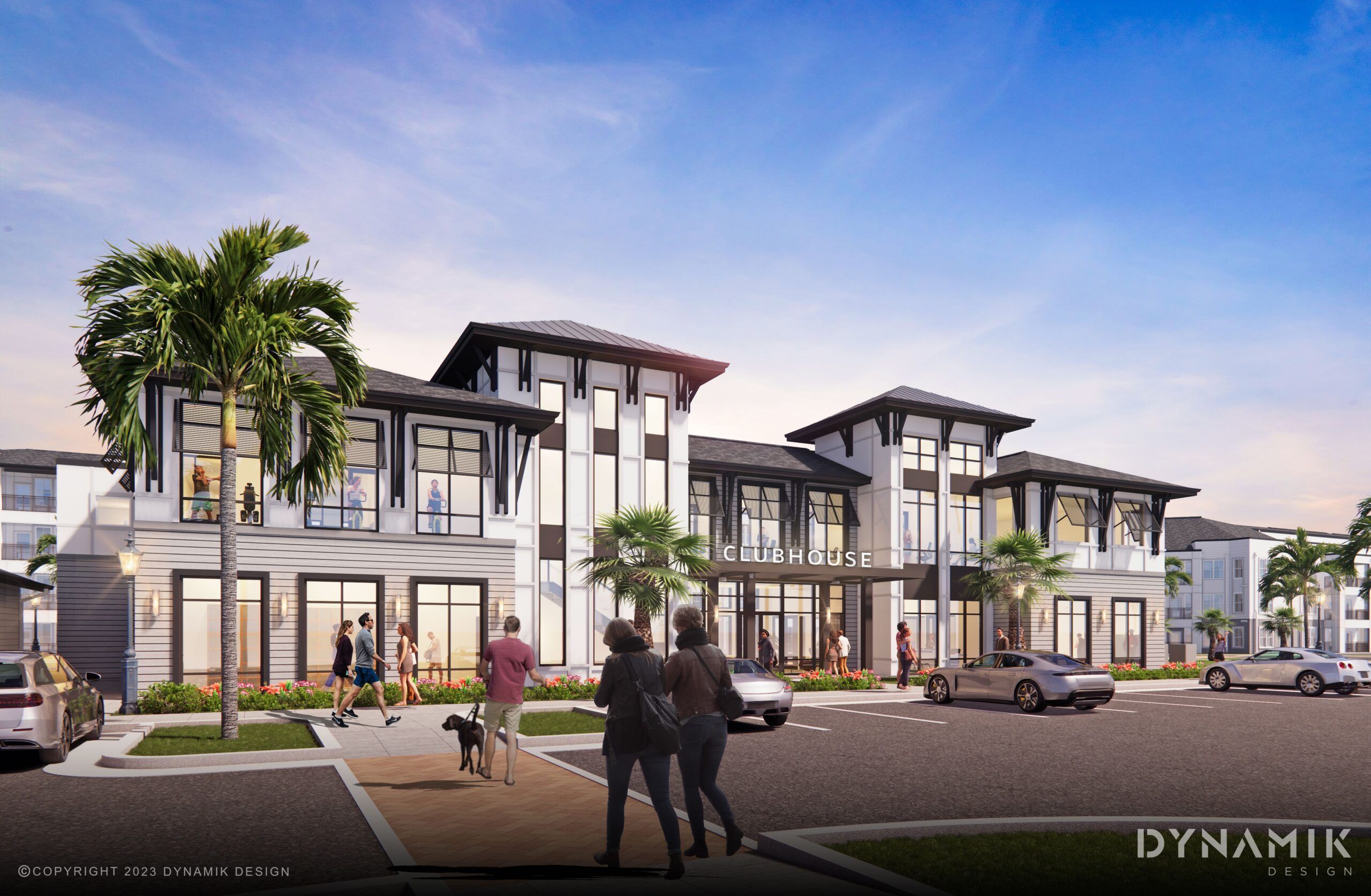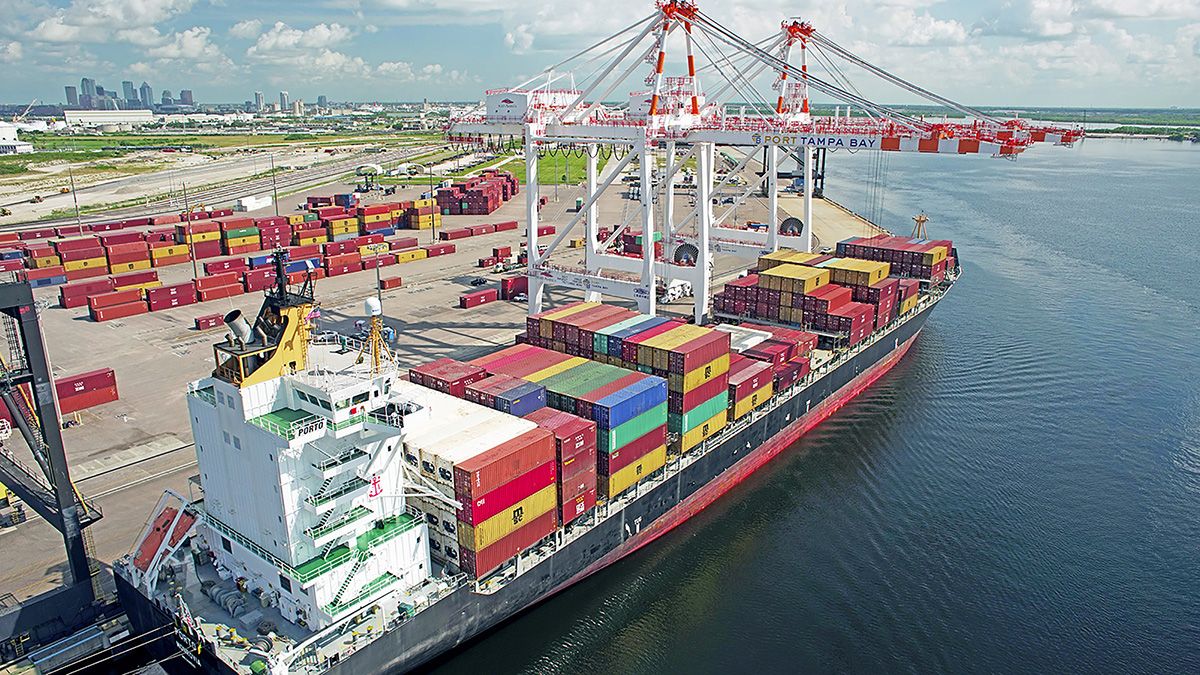The United States is said to be a “consumer nation.” This means that the country’s demand for goods exceeds the creation of said goods. We need more things than we make, which means those needed items are made somewhere else and need to be shipped to us.
That’s a commerce lesson better suited for high school students, but while it’s a basic concept, the ramifications of that “lesson” impact all of us every day.
Take this example: We’re going to take it back to the example of Ruffles potato chips.
I go to Publix to buy Ruffles potato chips. I specifically want plain ones because I want to serve them at a Super Bowl party with Dean’s Ranch Dip (it’s the best, this is not up for debate). But there are none. Now my dip has no chip and I’m grumpy about it.
Publix is also grumpy, because it’s Super Bowl Sunday and a lot of other people also want those plain, ridged Ruffles chips. Now they have customers complaining. Shopping has become unpleasurable and that’s a problem for Publix. So, Publix is now complaining to the shipping company that delivers the Ruffles from the chip manufacturing plant. Why has the truck not delivered the Ruffles yet?
The shipping company is frustrated, too. They are struggling to find drivers to get the Ruffles and bring them to the Publix. The roads are congested, making the delivery time longer and the Ruffles plant is behind on production, so there are less Ruffles to bring.
The Ruffles plant is also grumpy. They need to produce more chips, but they’re still waiting for the machinery to arrive so they can make more chips for the Super Bowl dips.
Now, everyone is grumpy and when the chips finally arrive and are stocked back on the shelf, the price has gone up a buck and a quarter.
Welcome to the next installment of Tampa Bay Business and Wealth’s Infrastructure 101: Logistics.
There is a huge ecosystem that needs to work, all at the right time, to make shipping and commerce run smoothly. When one spoke in the wheel gets bogged down, the process comes to a halt, or slows, and all involved feel the ramifications.
“Shipping is a huge challenge,” says Chris Chatterton, executive vice president of Bay Food Brokerage in Tampa.
Items that once took two weeks to arrive at their intended destination are now taking closer to three or four weeks and the items that used to move quickly are taking longer and longer, too.
“The United States doesn’t manufacture enough heavy equipment. All of that comes from somewhere else. Even if you’re producing things in the U.S., you’re reliant on the machinery you need coming from somewhere else,” Chatterton adds. “Especially where we are at.” He speaking about Florida, more specifically, Tampa Bay.
Florida produces some things well. Oranges, sunshine and the magical mouse in Central Florida, to name a few “things.” In all seriousness, there is a solid agricultural industry and tourism, of course, is a driving economic factor, but to bring it back home, in the Tampa Bay region nearly everything you need on a day-to-day basis is coming from other places.
“If you think about most of the stuff you’re buying, it is coming from somewhere else. And that’s where, I think, the biggest challenge is from a supply standpoint. That’s the biggest challenge for our market,” Chatterton says.
There are three ways to get those goods from Point A to Point B. Ports, planes and roads, Chatterton explains, adding that trains don’t play a major role in bringing goods to Tampa Bay.
For Bay Food Brokerage, they rely heavily on the roads.
“All of the trucks that have to go to various distributors, that I sell to, need to be managed by logistics companies that have to rely on drivers. It’s a massive logistical nightmare,” Chatterton says.
On the logistics side of trucking and shipping, the trucking market has experienced some ups and downs, independent of other factors.
“The trucking market is recovering from a significant recession in 2023, due to a glut of trucking capacity,” says Jon Novak, chief executive officer of Boomerang Transportation, based in Tampa. “During the COVID years, there was a shortage of trucking capacity, paired with a high demand from companies looking to stockpile inventory due to the uncertainty of the times, which caused shipping rates to skyrocket.”
With those higher trucking prices, came new businesses established to seize the opportunity.
“In 2023, a massive correction occurred. Demand was down due to high inventory levels acquired in the previous few years and trucking capacity was at an all-time high, causing trucking pricing to plummet,” Novak says. “As a result, many trucking/logistics companies have gone out of business or had to lay off staff.”
From the waterways, Port Tampa Bay has a handle on bringing in goods, and has upped its capacity throughout the years.
In 2023, Port Tampa Bay handled more than 35 million tons of cargo, with a total footprint of more than 5,000 acres. Total port cargo increased by 7%, in the most recent quarter reported as of February 12, 2024, led by strong growth in containers (up 18%) as well as new automotive import business.
“The global shipping industry has recently seen some challenges affecting vessel schedules, such as drought conditions impacting transits via the Panama Canal, and unrest in the Red Sea, impacting the Suez Canal,” says Paul Anderson, CEO of the Port. “Port Tampa Bay and terminal operator Ports America have been nimble in responding to these changing vessel schedules, including offering extended gate hours in the evenings and on weekends.”
There are efforts underway to help with some of the logistical challenges. The Tampa Bay Chamber of Commerce, of which Chatterton is a member, has presented a Transportation Tax Referendum supporting the return of $570 million in taxpayer dollars, which were collected from the 2018 transportation sales tax referendum. The collected funds are sitting in an escrow account.
“Those funds, currently sitting in escrow, are critical to helping Hillsborough County address a significant backlog of $13 billion in transportation projects,” according to a report by the Chamber.
As more people come into Florida and the Tampa Bay region, in particular, the demand for consumer goods will continue to increase and the demand for reliable and easy transport of those goods, both by land and sea, will remain a crucial element to growing as a region.
“Florida’s strong population growth continues to drive cargo demand, as reflected in the expansion of large distribution centers. Particularly along the I-4 Corridor, there is over 550 million square feet of capacity,” Anderson says. “Port Tampa Bay’s proximity to this large consumer market means that truckers make multiple round-trip deliveries, per day, from the Port to these DCs, resulting in considerable cost savings. We have aggressively expanded capacity, including the addition of three more gantry cranes, for a total of five, an expanded truck gate complex, increased paved storage and a third deep-water berth allowing three large container ships to be worked at the same time.” ♦



